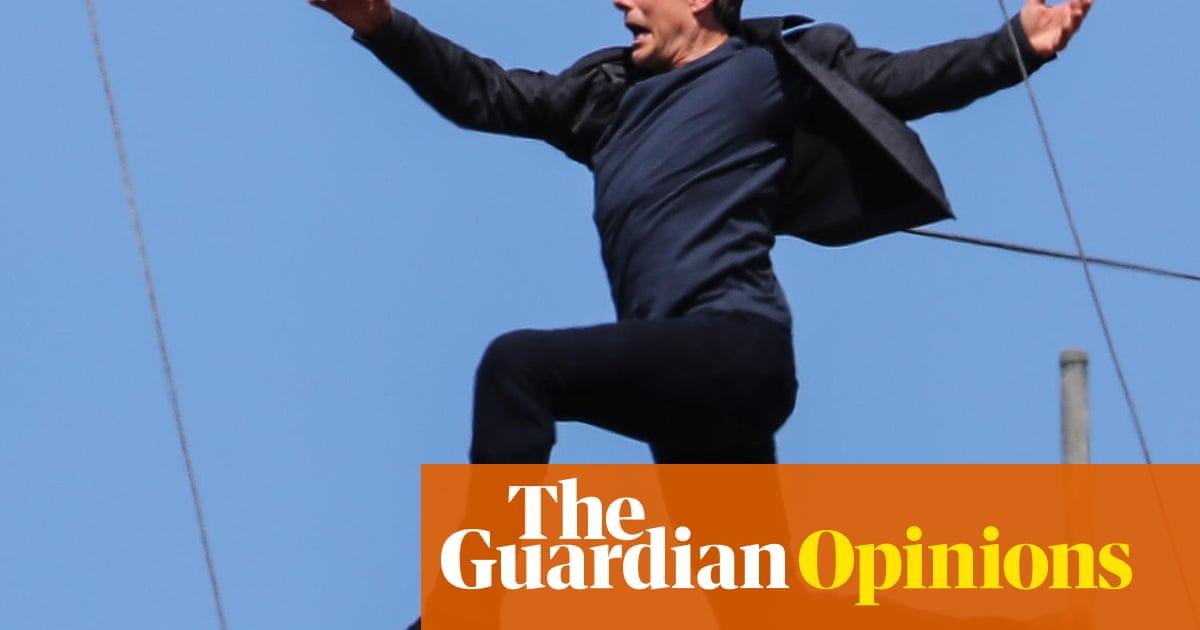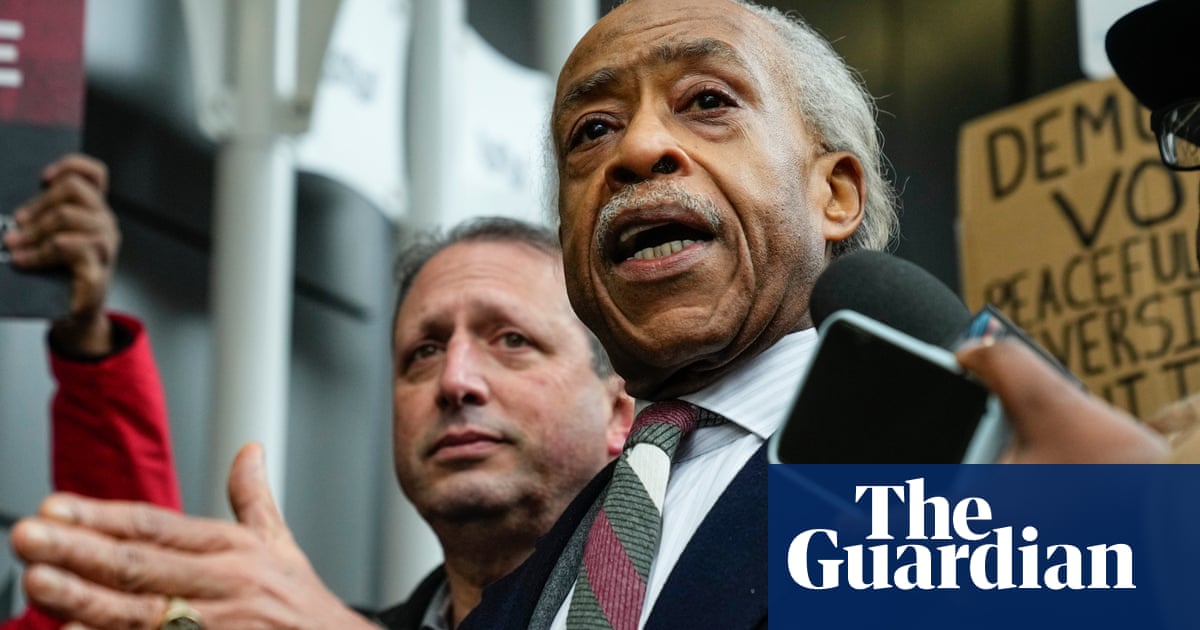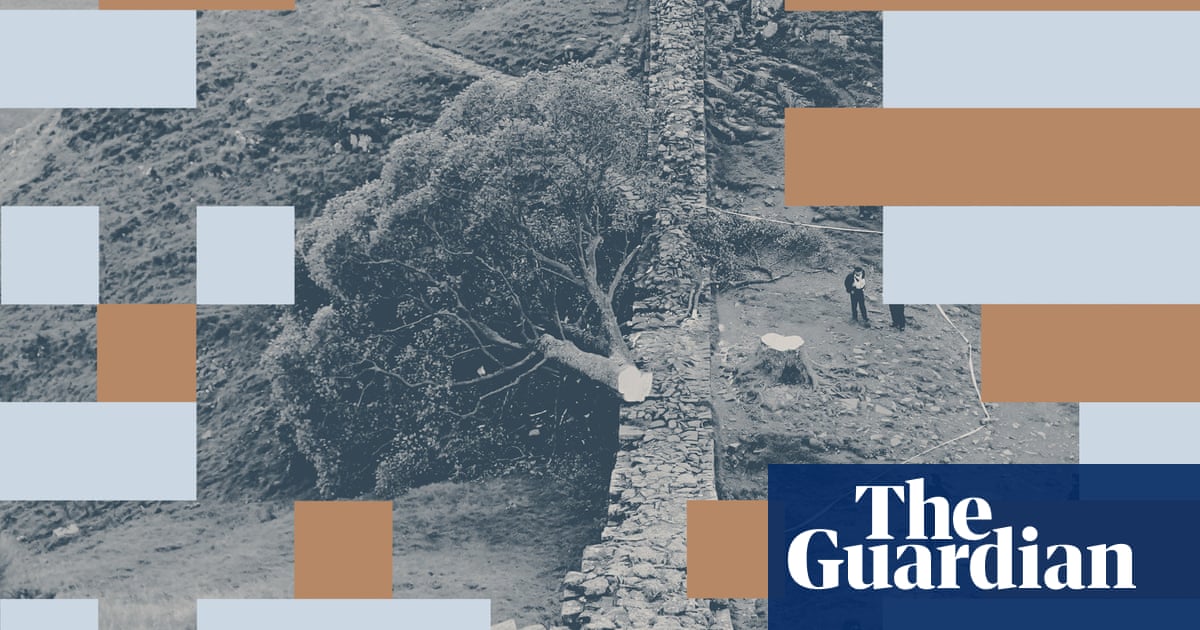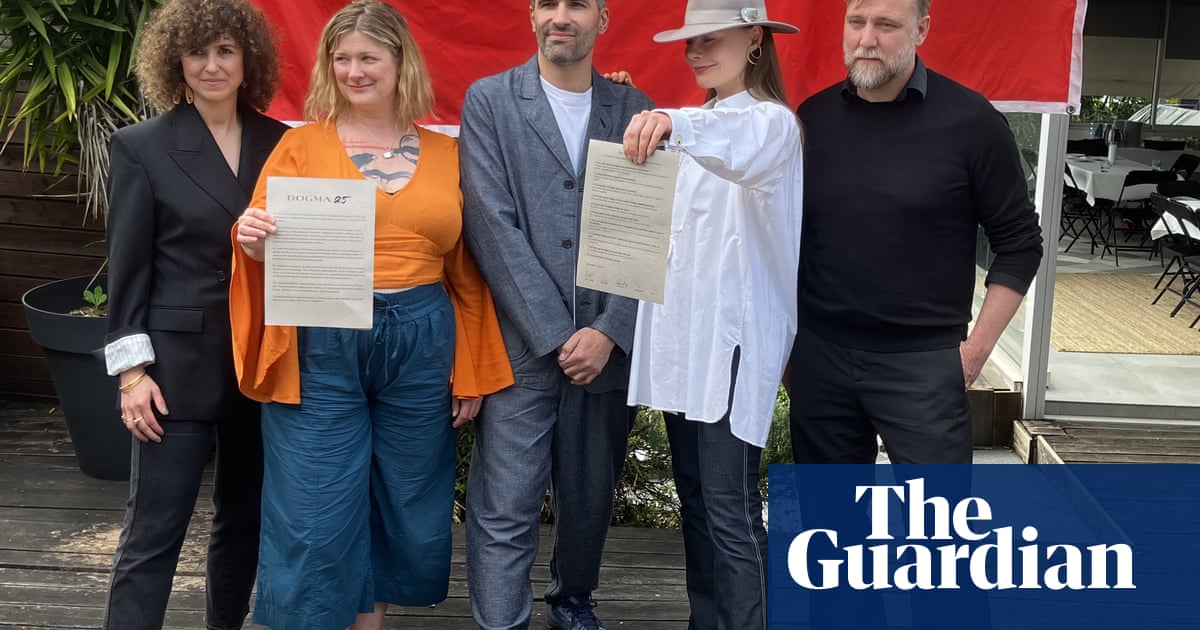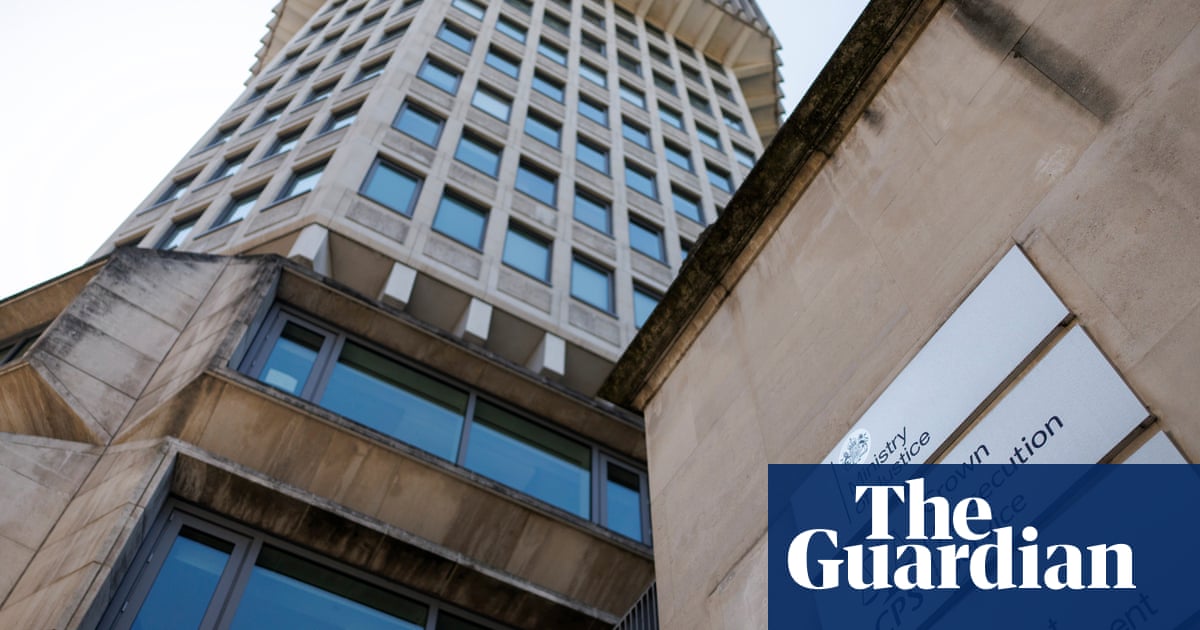The SOE Syllabus was a series of lectures given to prospective secret agents in Britain during the second world war. These “lessons in ungentlemanly warfare” were released from the top secret bit of the Public Record Office (now known as the National Archive) and published as a historical curio in 2001, when my esteemed colleague John Crace picked out the sillier bits in one of his Digested Read reviews. There was a whole lecture about how to craft a disguise, in which people with sticky-out ears were advised to use glue to pin them back.
But now, 24 years later, I have picked up the book with a graver purpose – just on the off-chance that if we end up having to resist a fascist state, the past might have something to offer. They won’t know everything, these ungentlemanly gentlemen, being as they didn’t have the internet. But they can’t have known nothing.
A lot of it is quite dated – struggling to comprehend the code system known as a “playfair cipher”, I realise that codebreaking technology has probably moved on in the intervening 80 years and I am making my brain ache for nothing. A section on political language, and how it should always be concrete – eg don’t say “hunger”, say “empty bellies” – felt plausible in principle but wrong on the particulars.
Some of the advice serves only to underline how much more complicated the world is now – in information, in surveillance, in every way. There’s a section on propaganda that describes the “jetsam” method of distribution – dropping a provocative leaflet or letter, containing “libels, rumours and calumnies” in some place where people will find it. It’s more effective to drop a fragment than the whole thing, apparently, since it makes it feel like a quest. And it’s better to drop it some place where whoever finds it will be alone, so in a train carriage at the beginning of a journey, or the cubicle of a public lavatory. Realistically, though, who would even pick up and read a calumny these days, when they have a phone? There must be some online equivalent of an empty rail carriage at the start of a journey (an empty Reddit thread?), but the printed leaflet has had its day.
Nevertheless, there are some broad outlines that have not changed, and they are quite obvious, but they are also quite easily forgotten: such as, there is no point in propaganda unless it leads to an action. The action also drives home the message and makes it true, so creates a loop of authority and omnipotence around the messenger. The opposite is also true: Goebbels’ anti-Italian propaganda of July 1934, I read, was worse than a waste of time because no action was taken. It made him look weak, and his point of view contestable.
All of which holds for non-state actions– there’s no point in a narrative that yields nothing concrete, no point in a protest that doesn’t disrupt, no point in disruption without a plan. More than pointless, it actually undermines the cause, whatever it might be.
Environmental protesters of every generation are on exactly the right track, then. They must throw soup and glue themselves to the road, because everything they do that has no palpable action attached undermines their message.
As I was reading all this, six members of the “non-violent civil resistance campaign” (their description) Youth Demand were arrested while holding a public meeting. The immediately striking thing was that the authorities entered a Quaker meeting house to make the arrests, which hasn’t happened in living memory but, fair play to the Metropolitan police, did happen quite a lot in the 1660s, albeit without the tasers. But as the event settles, the more striking point is: that’s quite a strange thing for a not-totalitarian state to do. It feels a bit like democracy is cosplaying its opposite just because there’s authoritarianism in the air.
-
Zoe Williams is a Guardian columnist
-
Do you have an opinion on the issues raised in this article? If you would like to submit a response of up to 300 words by email to be considered for publication in our letters section, please click here.

.png) 1 month ago
31
1 month ago
31




